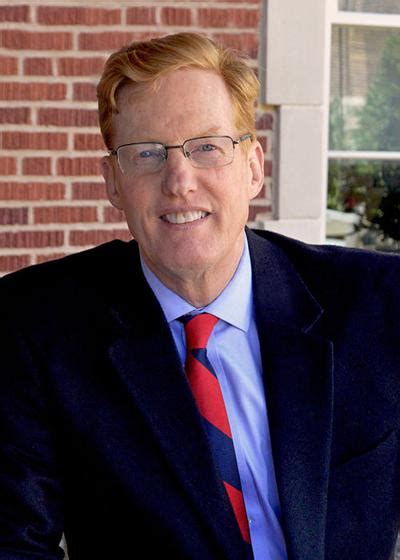A Quote by Barack Obama
What we've seen at least since 1979 is Iran making constant, calculated decisions that allow it to preserve the regime, to expand their influence where they can, to be opportunistic, to create what they view as hedges against potential Israeli attack in the form of Hezbollah and other proxies in the region.
Related Quotes
The idea that Hezbollah is acting as an agent of Iran is very dubious. It's not accepted by specialists on Iran or specialists on Hezbollah. But it's the party line. Or sometimes you can put in Syria, i.e. "Syrian-supported Hezbollah," but since Syria is of less interest now you have to emphasize Iranian support.
Ironically, the single thing that has strengthened Iran over the last several years has been the war in Iraq. Iraq was Iran's mortal enemy. That was cleared away. And what we've seen over the last several years is Iran's influence grow. They have funded Hezbollah, they have funded Hamas, they have gone from zero centrifuges to 4,000 centrifuges to develop a nuclear weapon.
General [James] Mattis has said that the deal's in place. We can't unilaterally pull out of it without support from our allies because the sanctions wouldn't bite as deeply. And so he'll find other ways to push back against Iran in the various conflicts that Iran is fomenting around the [Iran] region.




























